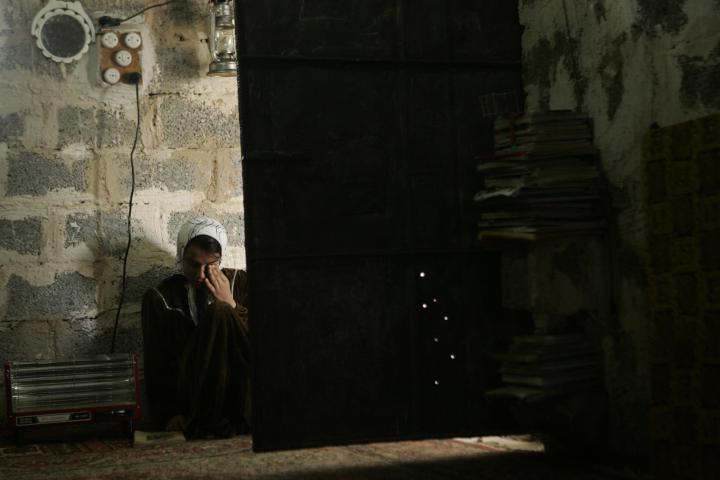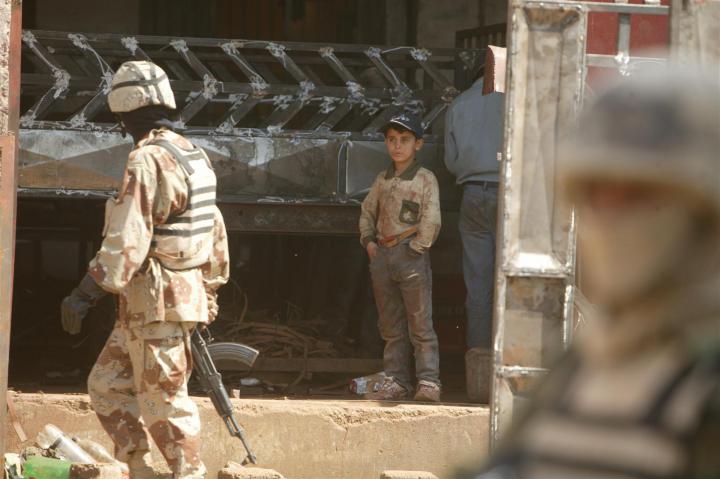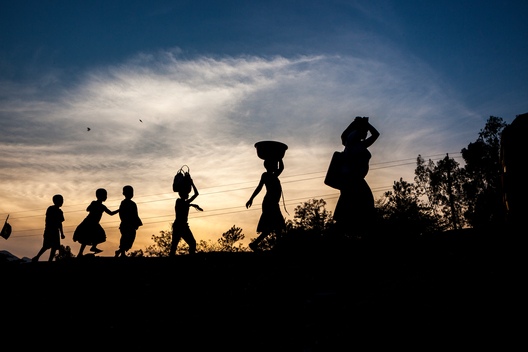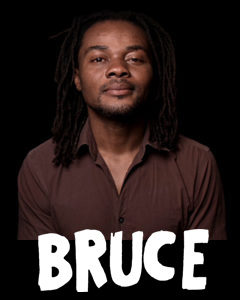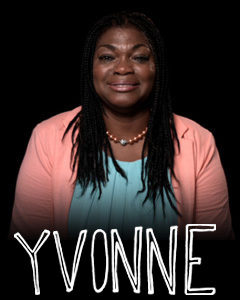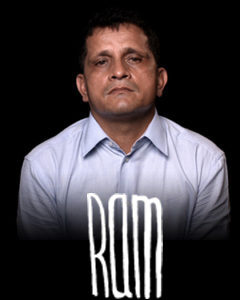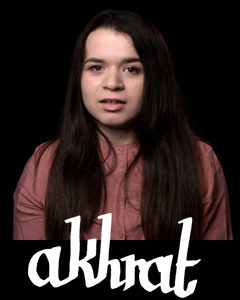Disasters & Conflicts: Iraq. War, 2003-current
In 2003 the United States, along with Great Britain and Australia, invade Iraq.
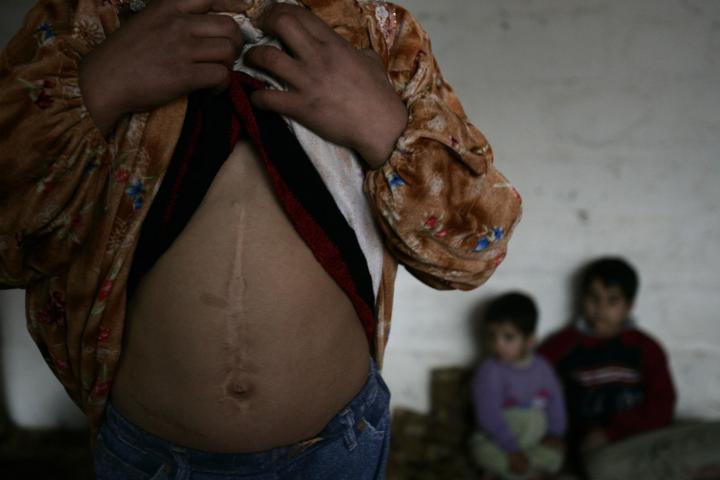
Country: Iraq
Period: 2003–present
Type of conflict: Invasion by the United States and civil war
Conflict: The ousting of the dictator Saddam Hussein leads to years of chaos and a civil war in Iraq
Parties involved: Stabilisation Force(including US, Great Britain), Iraqi government, Baathists, Sunni and Shiite rebels
Estimated number of victims: from 120,000 to over a million Iraqi deaths and 4.1 million refugees
In 2003 the United States, along with Great Britain and Australia, invade Iraq. The Netherlands supports the invasion and sends troops after a few months. France, Germany, Russia and China oppose the invasion. Dictator Saddam Hussein is suspected of possessing weapons of mass destruction and supporting the Al-Qaeda terrorist group, though no proof is ever found. Saddam is arrested after a few months and sentenced to death. In Iraq there is strong opposition to the foreign presence and to the government that later assumes office in the country. Civil war erupts between various sections of the population. Although things become more peaceful in Iraq after 2008, attacks and violent incidents still take place. Each month, scores and even hundreds of deaths occur. At the end of 2011 the last American troops withdraw from Iraq.
Various groups and factions live in Iraq. The Sunnis, who make up 20 percent of the population, dominate Iraq during the period that Saddam holds power. The Shiites, who make up the vast majority of the population, are initially happy with the foreign invasion. The Kurds, who also account for 20 percent of the population, live in the north, where the situation remains peaceful.
Some ten big opposition organisations and countless small, violent groups are active in Iraq. Among these are the Baathists (Sunni Muslims and leading figures from Saddam’s party), nationalists (former members of the Iraqi army, and Iraqis who want the foreigners out of the country) and numerous Islamic rebels.

